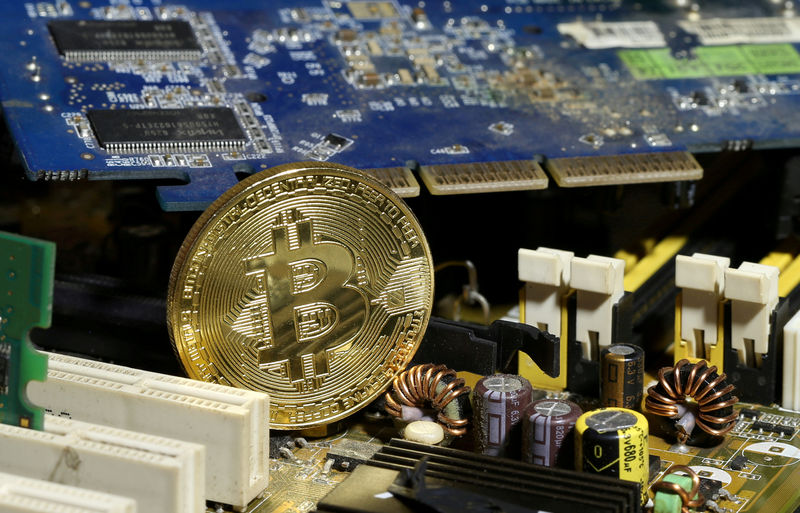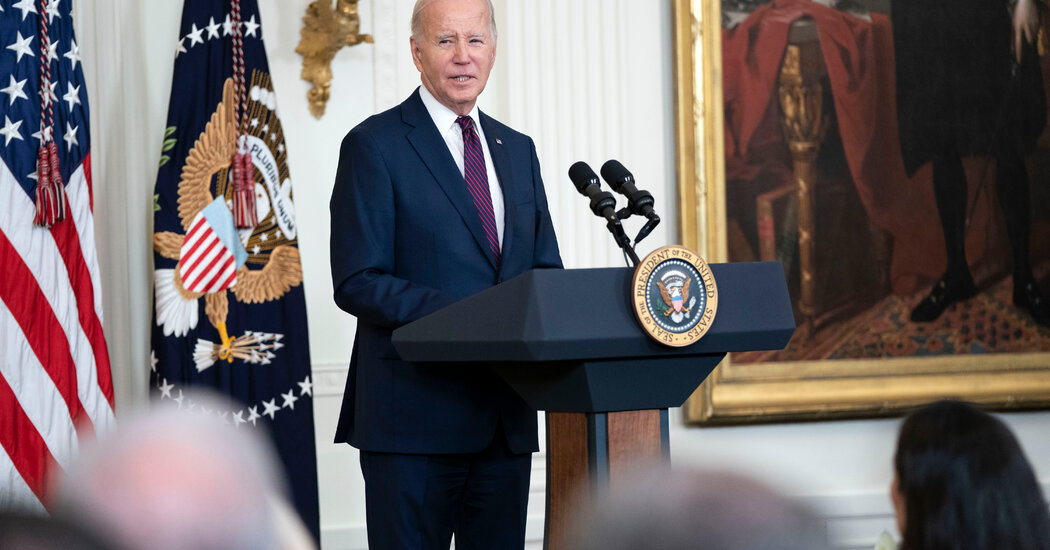Teresa Heitsenrether is the company's director of data and analytics.
Courtesy: Joe Vericker | PhotoBureau
JPMorgan Chase has rolled out a generative artificial intelligence assistant to tens of thousands of its employees in recent weeks, the initial phase of a broader plan to inject the technology throughout the sprawling financial giant.
The program, called LLM Suite, is already available to more than 60,000 employees and helps them with tasks such as writing emails and reports. The software is expected to eventually become as ubiquitous within the bank as the video conferencing program Zoom, people with knowledge of the plans told CNBC.
Rather than developing its own AI models, JPMorgan designed LLM Suite to be a portal that lets users tap into large external language models — the complex programs that underpin generative AI tools — and launched it with LLM from OpenAI, the maker of ChatGPT, the people said.
“Ultimately, we would like to be able to move fairly fluidly between models based on use cases,” Teresa Heitsenrether, JPMorgan’s head of data and analytics, said in an interview. “The plan is to not be locked into any particular model provider.”
The move by JPMorgan, the largest U.S. bank by assets, shows how quickly generative AI has spread across U.S. corporations since the arrival of ChatGPT in late 2022. Rival bank Morgan Stanley has already launched a pair of OpenAI-powered tools for its financial advisors. And the consumer technology giant Apple said in June that it was integrating OpenAI models into the operating system of hundreds of millions of its consumer devices, greatly expanding its reach.
The technology — hailed by some as a “cognitive revolution” in which tasks once performed by knowledge workers will be automated — could be as important as the advent of electricity, the printing press and the Internet, JPMorgan Chief Executive Jamie Dimon said in April.
It is likely to “increase virtually every job” at the bank, Dimon said. JPMorgan had about 313,000 employees in June.
ChatGPT Ban
The bank is giving its employees what is essentially OpenAI’s ChatGPT in a JPMorgan-approved wrapper more than a year after it restricted employees from using ChatGPT. That’s because JPMorgan didn’t want to expose its data to third-party vendors, Heitsenrether said.
“Since our data is a key differentiator, we don't want it used to train the model,” he said. “We've implemented it in a way that we can leverage the model while keeping our data protected.”
The bank has rolled out LLM Suite across the company, with groups using it across JPMorgan’s consumer division, investment bank and asset and wealth management business, the people said. It can help employees write, summarize lengthy documents, solve problems with Excel and generate ideas.
But putting it on employees’ desktops is just the first step, according to Heitsenrether, who was promoted in 2023 to lead the bank’s adoption of the trendy technology.
“You have to teach people how to do rapid engineering that's relevant to their domain to show them what can actually be done,” Heitsenrether said. “The more people dive into it and figure out what it does well and what it doesn't, the more we start to see ideas really blossom.”
The bank's engineers can also use LLM Suite to incorporate functions from external AI models directly into their programs, he said.
'Exponentially larger'
JPMorgan has been working on traditional AI and machine learning for more than a decade, but the arrival of ChatGPT forced it to change course.
Traditional, or narrow, AI performs specific tasks that involve pattern recognition, such as making predictions based on historical data. Generative AI, however, is more advanced and trains models on large data sets with the goal of creating patterns, which is how human-sounding text or realistic images are formed.
The number of uses for generative AI is “exponentially greater” than previous technology because of how flexible LLMs are, Heitsenrether said.
The bank is testing many use cases for both forms of AI and has already put some into production.
JPMorgan is using generative AI to create marketing content for social media channels, map out itineraries for clients of the travel agency it acquired in 2022 and summarize meetings for financial advisers, he said.
The consumer bank uses AI to determine where to place new branches and ATMs by ingesting satellite imagery and in call centers to help service staff find answers quickly, Heitsenrether said.
In the company's global payments business, which moves more than $8 trillion worldwide daily, AI helps prevent hundreds of millions of dollars in fraud, he said.
But the bank is being more cautious about generative AI that directly affects the individual customer because of the risk of a chatbot providing misinformation, Heitsenrether said.
Ultimately, the field of generative AI may evolve into “five or six big foundational models” that dominate the market, he said.
The bank is testing LLMs from U.S. tech giants as well as open-source models to incorporate into its portal, said the people, who asked not to be identified discussing the bank's AI strategy.
Friend or foe?
Heitsenrether outlined three stages for the evolution of generative AI at JPMorgan.
The first is simply making the models available to workers; the second involves aggregating JPMorgan's proprietary data to help boost employee productivity, which is a stage the company is just beginning.
The third is a bigger leap that would allow for much larger productivity gains, which is when generative AI is powerful enough to operate as autonomous agents performing complex, multi-step tasks. That would make rank-and-file employees more like managers with AI assistants at their command.
Technology is likely to empower some workers and displace others, changing the composition of the industry in ways that are difficult to predict.
According to consulting firm Accenture, banking jobs are the most prone to automation of all industries, including technology, healthcare and retail. AI could boost the sector’s profits by $170 billion in just four years. Citigroup Analysts said.
People should think of generative AI “as an assistant that takes care of the most mundane tasks that we'd all like not to do, where it can just give you the answer without having to go through spreadsheets,” Heitsenrether said.
“You can focus on higher-value work,” he said.
— CNBC's Leslie Picker contributed to this report.








